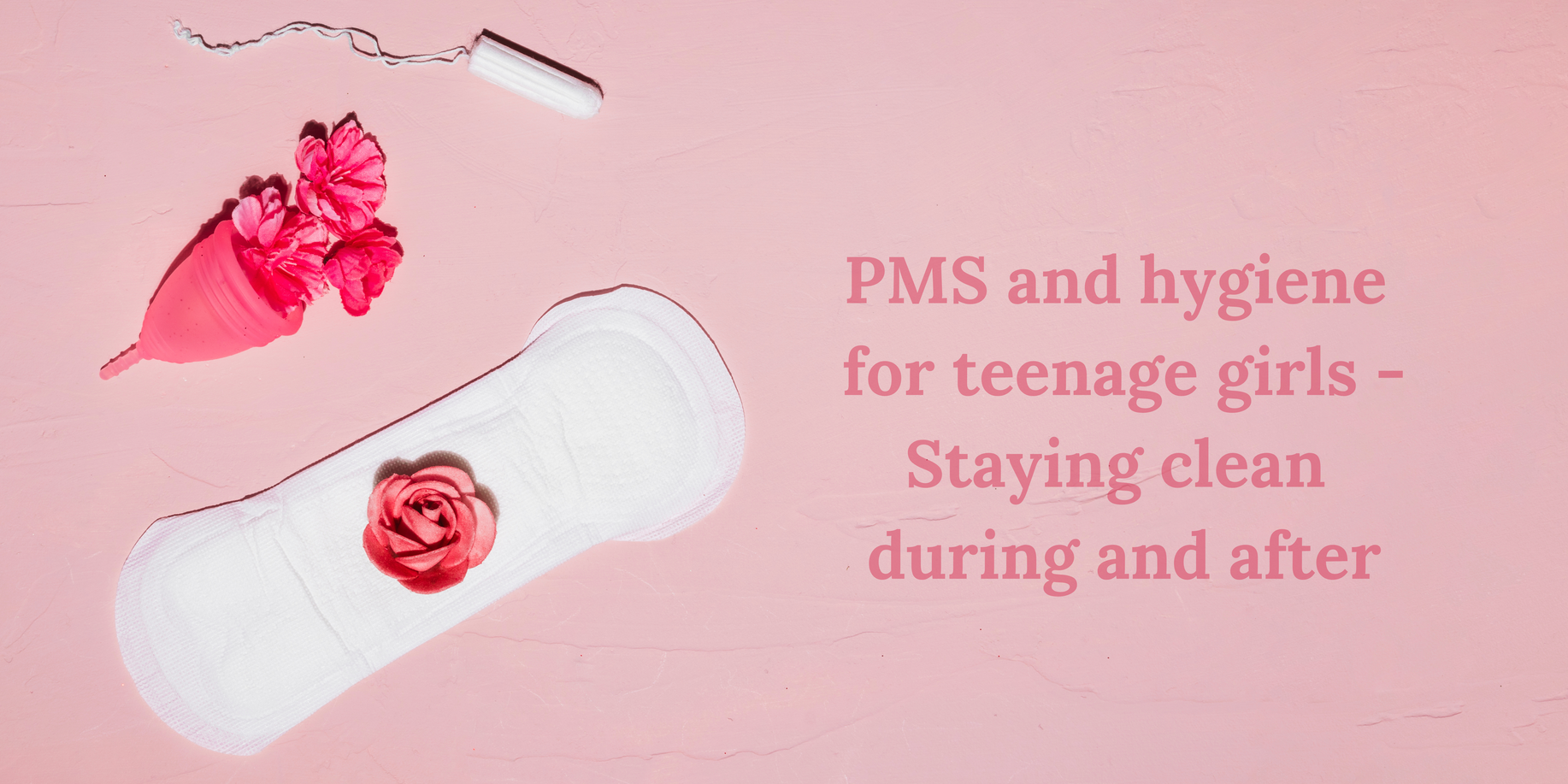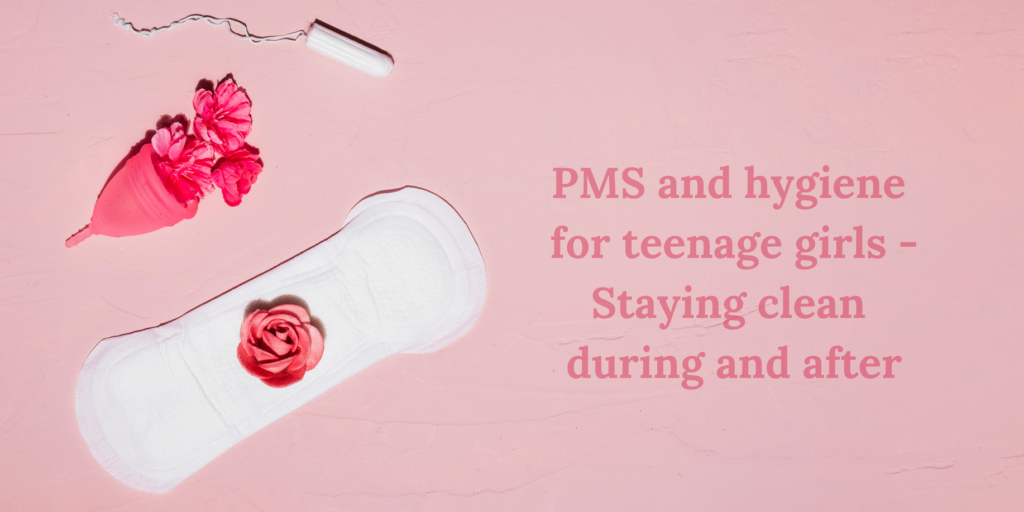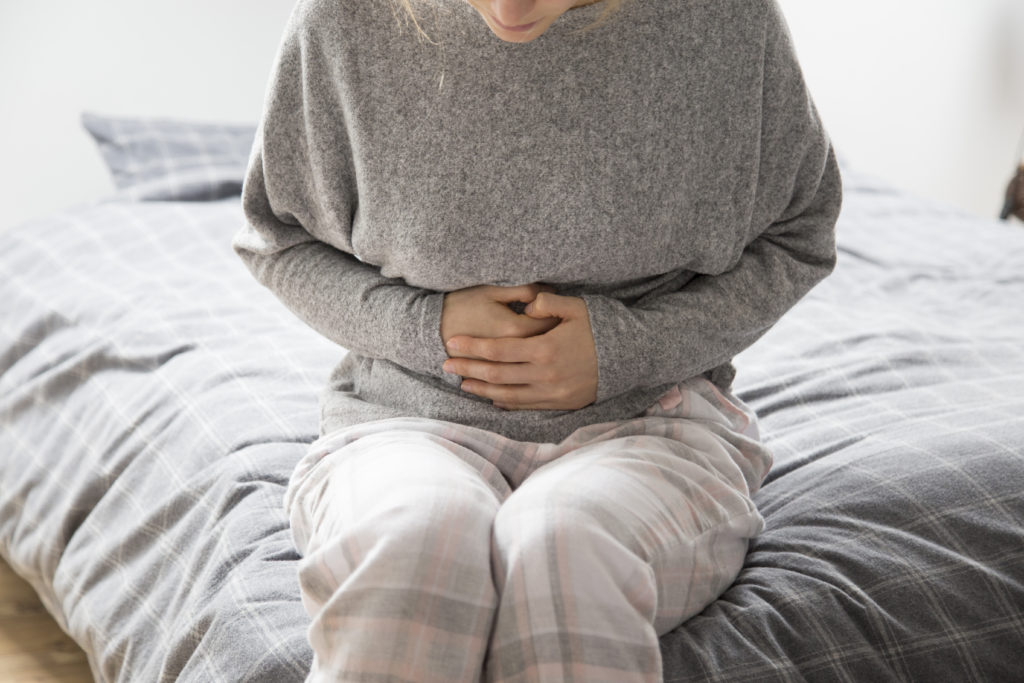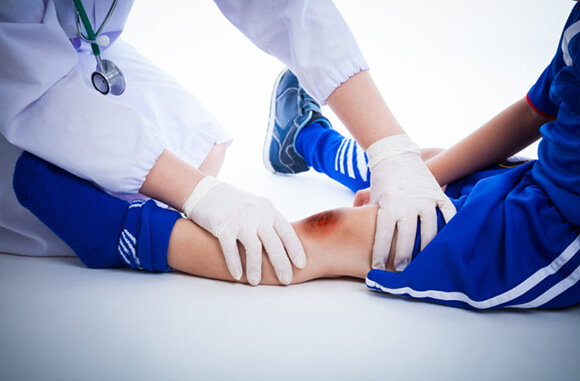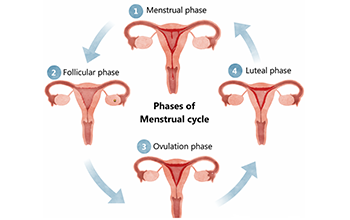By Dr. Shilpi Srivastava, Consultant Physiotherapits, Lactation Expert and Child birth educator, Motherhood Hospital, Noida
Eight-year-old Suresh is enthusiastic about sports and he is so passionate about it that he even doesn’t want to give a break to it if he is sick or met with some injury. Since he doesn’t take adequate rest after meeting such injuries, his body has become prone to wounds and sprain. The health experts even suggest that the tender bones and tissues of children are often subjected to some kind of injuries when they play without taking proper precaution and don’t rest after having a muscle pull or sprain.
Even a report from Centres from Disease Control and Prevention (CDC) states that more than 2.6 million children from 0-19 years old are treated in the emergency department each year for sports and recreation-related injuries. Some sports, which require frequent contact, are more dangerous than others. Contact sports such as football or basketball can be expected to result in a higher number of injuries like sprains and strains than a noncontact sport such as swimming. All kinds of sports can result in an injury either from the trauma of contact with the other players or from overuse or misuse of a body part.
Most frequently occurring injuries
The most common injuries are muscle-joint sprains, bruises, dislocation and fractures and all these occur at frequent injured areas of the body, knee, ankle and shoulder joints. These injuries are short-lived and can be recovered within 10-15 days. According to the experts, only 4 in 10,000 injuries are that severe, which results in quitting sports.
In all these injuries, diagnosis and care play an utmost pivotal role. Since children have soft tissues and bones unlike adults, their X-ray or MRI reports should be carefully evaluated by the pediatric orthopedic or radiation specialists familiar with such kind of reports. Even parents, doctors and faculty members should be cautious enough to give a good-enough time to the kid to resume sports. Unlike movies, they should be refrained from participating in any kind of sports competition during the treatment procedure.
Treatment of sports injury
The treatment of such injuries depends on how badly the kid is hurt. Here are some of the options your doctor may give you:
First aid: If the injury is minor, the kid may only need to put ice on your knee, elevate his leg, and stay off his feet for a while. He can reduce swelling by wrapping an ace bandage around his knee. Crutches can help to keep weight off his knee.
Medications: Anti-inflammatory drugs can help to reduce swelling and pain. The doctor may suggest over-the-counter medications or prescribe something stronger.
Physical therapy: The child may need this a few days a week to get his knee back in working order. During these sessions, he will do exercises to strengthen the muscles around his knee that will help him regain a full range of motion. He may be sent home with exercise to do on your own.
Surgery: The doctor may tell you that you need this if your ACL (Anterior Cruciate Ligament) is torn badly. A surgeon will remove the damaged ACL and replace it with tissue to help a new ligament grow in its place. With physical therapy, kids who have surgery can often play sports again within 12 months.
Key Prevention Tips
Take proper time to heal completely
In general, an injury takes 12 to 16 weeks to be fully healed. But mostly, children start feeling better after a span of four weeks or so. And, they often get back to sports. This practice can have serious repercussion on bone health and might lead to disability. So, one should take full prescribed time for resting.
Always wear protective gears
Parents or teachers should create awareness among kids about the importance of wearing right protective gears such as elbow and knee pads, helmets, wrist guards for their activities. Also ensure that all the protective gears are in right condition. For example, avoid wearing such gears which have missing or broken buckles or compressed or worn padding. Poorly fitting equipment may be uncomfortable and also does not offer the best protection.
Warm up is the key
Before playing any sports, a kid should devote 20 minutes of his/her time in stretching the muscles, side shuffling and warming up. They help in activating muscles and reducing injuries during the sport.
Stay Hydrated
To avoid heat-related injuries or illness, give some time to the child athletes to get their body gradually adjust to the weather conditions. Parents and coaches should make sure that players are hydrated well. Injuries occur when a child is not hydrated or rested well.
Follow the guidelines
Ensure that your child’s sports program or school has an action plan that includes information on how to teach athletes ways to lower their chances of getting a concussion and other injuries. Get more concussion safety tips.


 Toll Free Number
Toll Free Number










